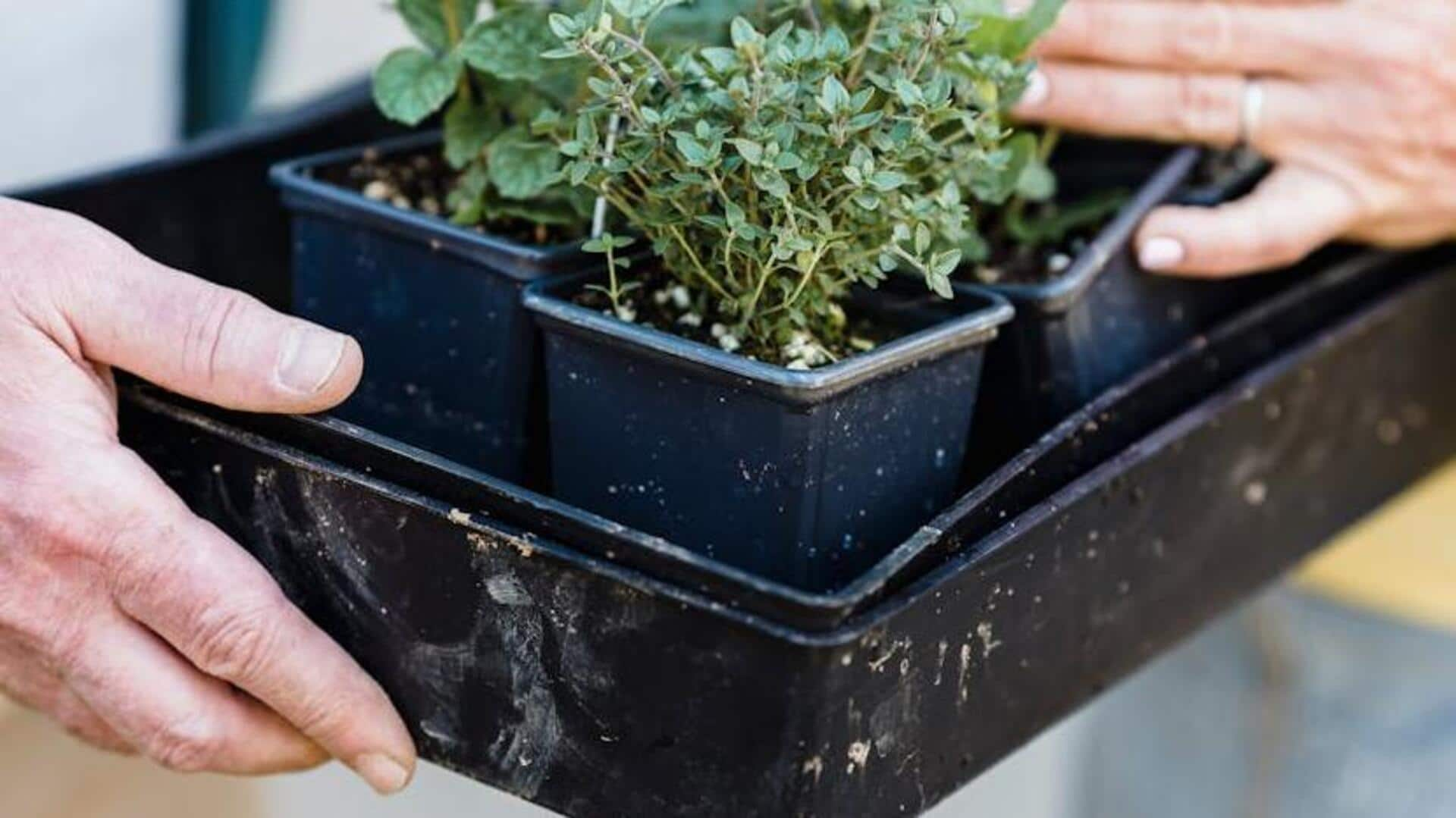
Hosting a lively community plant swap event
What's the story
Community plant swap events are the perfect opportunity for green thumbs to socialize, trade their favorite plants, and share gardening wisdom. These events cultivate community, contribute to environmental sustainability by promoting plant propagation and distribution, and are just plain fun! Organizing a plant swap involves thoughtful planning, coordination, and a bit of creativity to create an event that's enjoyable and beneficial for everyone.
Venue
Selecting the perfect venue
Picking the perfect spot is key to a successful plant swap. It needs to be convenient for everyone and big enough for all the plant parents and their leafy babies. Public parks, community centers, or school grounds are great because they have lots of space and a nice atmosphere. Make sure there are basic things like bathrooms, parking, and maybe some covered areas if the weather gets grumpy.
Guidelines
Setting up swap guidelines
For a successful swap, establish clear rules. Determine if potted plants, cuttings, and seeds are permitted. Set standards for plant size and health. Share these guidelines via social media or email newsletters, ensuring participants understand the expectations and can appropriately prepare their swaps. This way, everyone knows what to expect and it fosters a sense of fairness.
Promotion
Promoting your event
A strong promotional effort is crucial to ensuring a successful turnout. Leverage local gardening clubs, gardening-focused social media groups in your community, and bulletin boards at local businesses, libraries, or community centers. Designing vibrant flyers with key information (date, time, location, swap rules) can increase visibility. Local newspapers or radio stations may be interested in featuring your event in their community interest segments. Reach out to them!
Education
Encouraging educational activities
Leveling up your plant swap with educational activities makes it more than just an event—it becomes a learning experience. Invite knowledgeable gardeners to give talks on topics like sustainable practices, organic pest control, or caring for exotic plants. Hands-on workshops, such as potting demonstrations or DIY plant marker creation, can actively involve participants while teaching them practical skills they can use in their own gardens.
Networking
Facilitating networking opportunities
A plant swap event isn't only for trading greenery; it's also a great platform for gardeners to network with each other. Invite attendees to bring their gardening business cards or blog info if they have it. By creating a comfortable area where guests can sit and chat with snacks and drinks, you'll foster connections between attendees who all have a shared love of gardening.